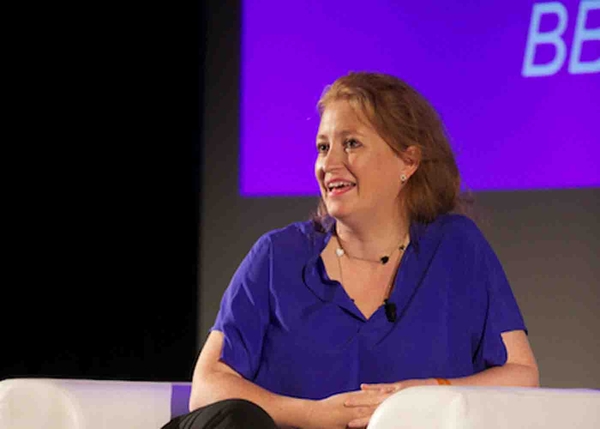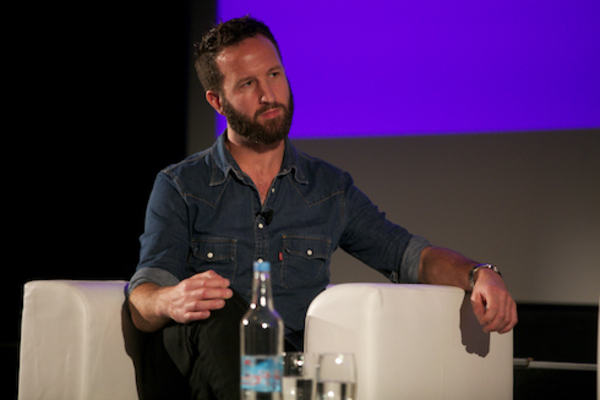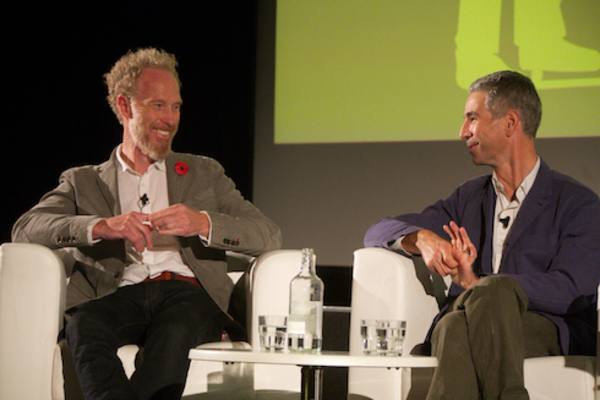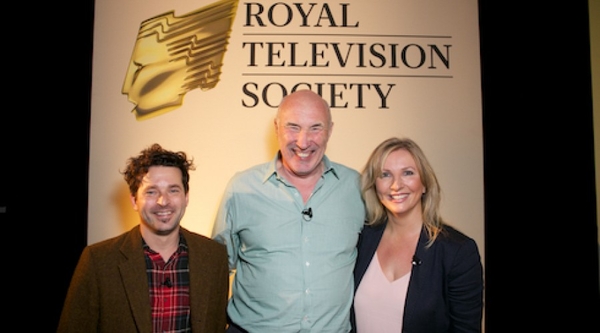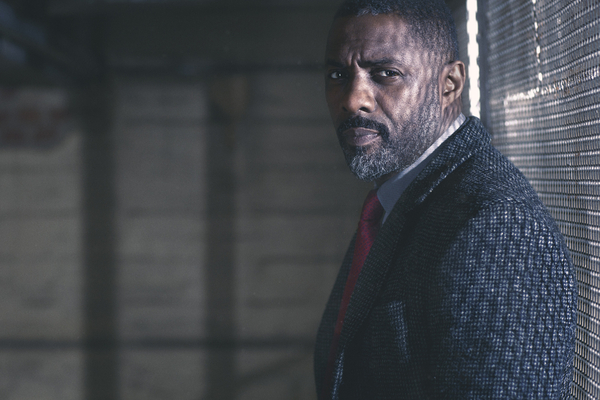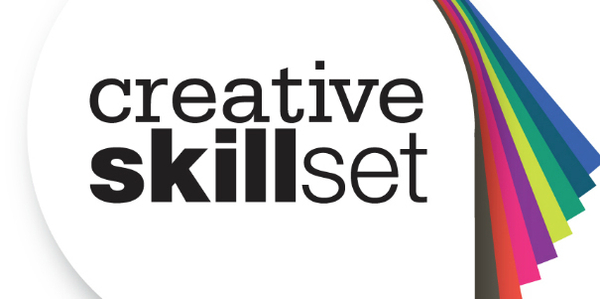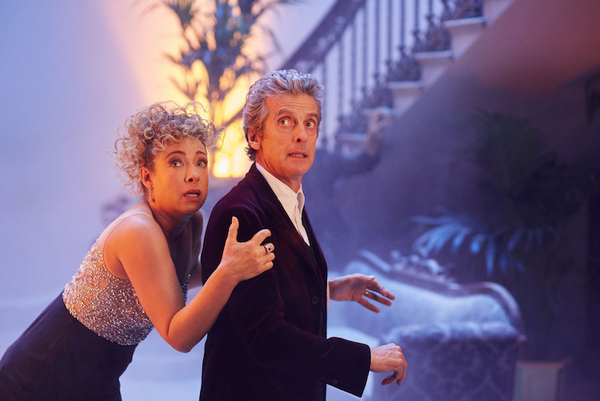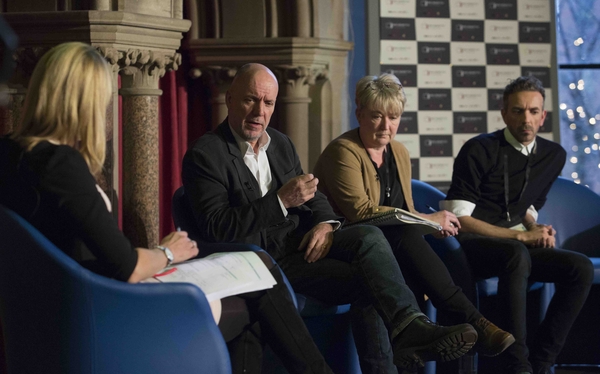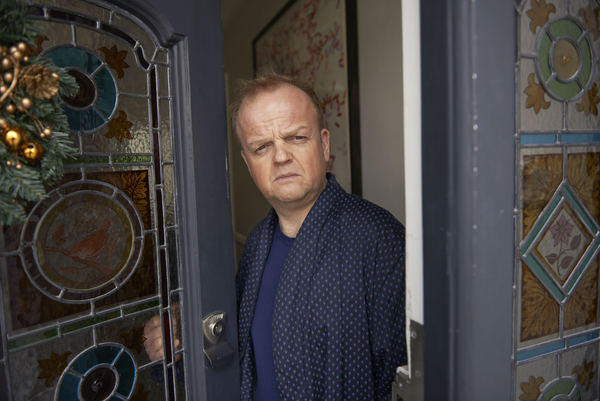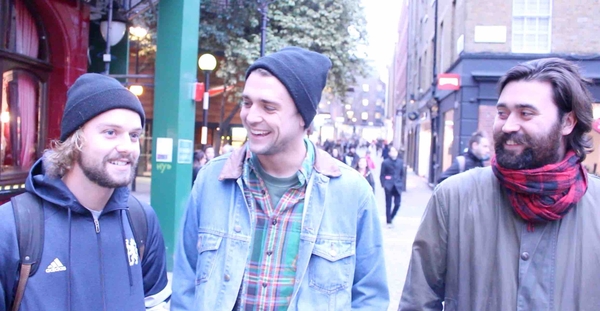RTS Student Masterclass: Comedy
Over almost two decades at the BBC and Sky, Lucy Lumsden has commissioned some of the country’s best-loved comedies, including Outnumbered, Miranda and Moone Boy.
But the commissioner has recently swapped sides – having made her first short film last year, Lumsden is now in the business of creating comedy.
The seeds of her future career were sown at Edinburgh University, explained Lumsden, who was giving the RTS comedy masterclass.

